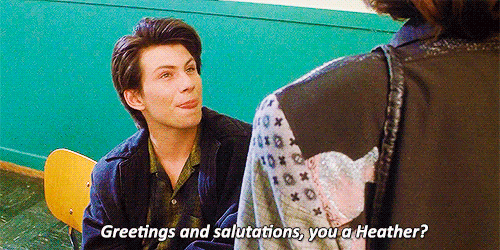The occupants of the Queen Mary Pathway, a homeless women’s hostel in London, may not be the most likely candidates to form a cycling club, but just a few weeks after a cycling program was implemented, it seems the activity is a natural fit.
The residents of the hostel live amid an array of hardships. Poverty, mental illness, domestic violence, and substance abuse are the most common issues that plague the homeless, and at first glance, it may be difficult for a casual observer to understand how a cycling club would serve as the best allocation of funds in addressing the problems the women face.
However, according to a profile of the club and its members in The Guardian, the 10-week pilot program was thought of as a way to affordably provide women with a healthy activity that re-introduces them to public life in an engaging way while fostering a healthy lifestyle and sense of community. Its implementation was performed in partnership with Sustrans, a U.K.-based transportation-focused nonprofit group.
Speaking to the outlet, a resident by the name of Brandy shared what the cycling club does accomplishes for her.
“I now am able to explore our city’s parks and green spaces on my bike. Cycling helps me relax, stimulates my mind,” she said. “It also makes me a bit tired in the evening, which means I can get a good night’s sleep.”
The cycling club is also being touted as an effective tool in helping riders take ownership of an independent lifestyle. The confidence that comes with that accomplishment may prove to be a lasting and sustainable source of agency and confidence as the hostel’s residents continue to re-establish themselves in busy urban environments.
The early stages of the program have produced enough positive feedback that Cycling Grants London has pledged over $18,000 to sustain the effort over the next three years.
According to The Guardian’s report, Riverside, the organization behind the hostel, has begun considering the same program for men’s hostels as well.


















 Woman drinking in the morning air.Photo credit
Woman drinking in the morning air.Photo credit  Coffee.Photo credit
Coffee.Photo credit  A cup of tea.Photo credit
A cup of tea.Photo credit  Woman drinks morning brew.Photo credit
Woman drinks morning brew.Photo credit 

 Two young women hang out in a 1980s-themed roomCanva
Two young women hang out in a 1980s-themed roomCanva  Gif from the movie "Heathers" via
Gif from the movie "Heathers" via 

 Pictured: A healthy practice?
Pictured: A healthy practice?